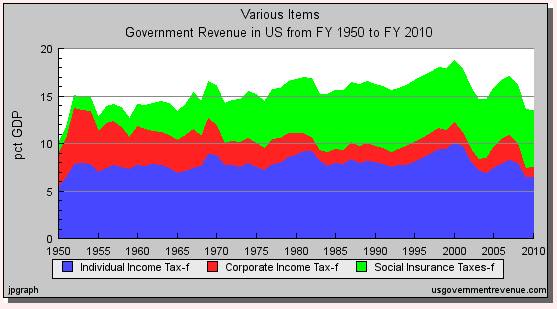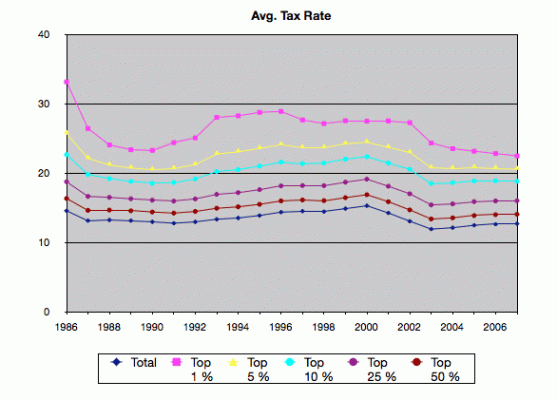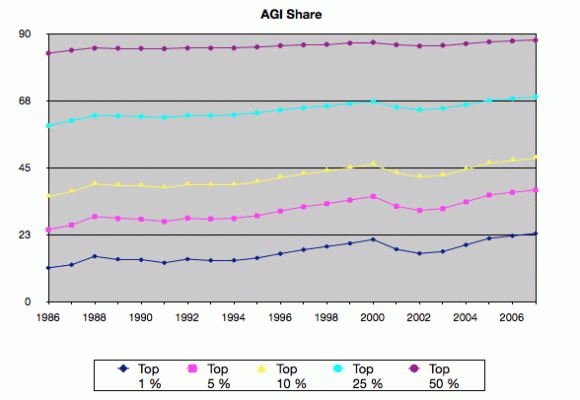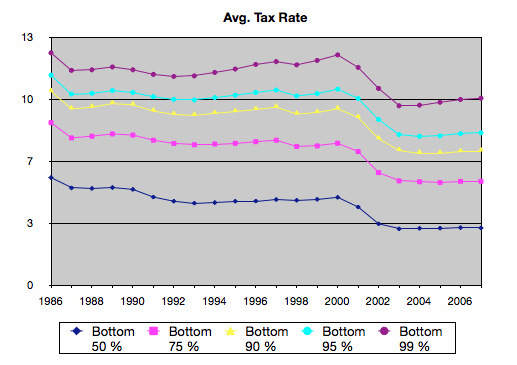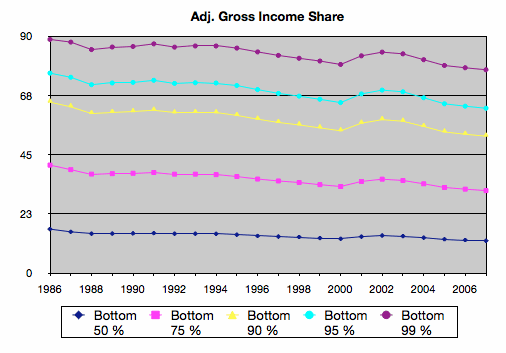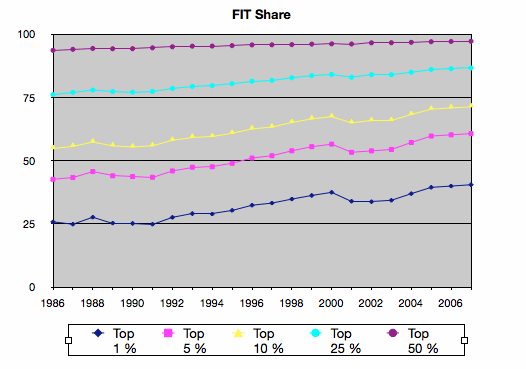Sorry Nords, I didn't mean to lecture you and it wasn't intended as a personal attack. I read your post late last night and was a bit heated. I watch too much political tv and I really am distressed with what I've seen in the last 18 months.
I think the increase in personal and corporate taxation is going to hurt our economy at a time when it can least afford it. I see taxes going up when we just spent 800 billion to send money to State Governments which did not create the "shovel ready" projects that we were told were going to be there. We saw unemployment go to 10% (real unemployment about 17%) when we were told we needed to spend the 800 billion so unemployment would stay below 8%.
While unemployment was high (and still is) we were told the priority was a health care bill that is a bureaucratic nightmare. And they are still spending (i.e. we need another stimulus package and really, really, this time it will work).
Why don't we stop the spending and these tax increases will not be necessary. We are spending the country into oblivion and I agree that the VAT tax will be the next step.
The new taxes are inevitable. And I'm not so much worried what it will mean to me (I'll come out fine and be done in 5 years). I'm more worried about my kid's future. I think we are another Greece in the making.
But I appreciate your input Nords, finding it both intelligent and well thought out. So I apologize if it came out wrong. Thanks,
I think the increase in personal and corporate taxation is going to hurt our economy at a time when it can least afford it. I see taxes going up when we just spent 800 billion to send money to State Governments which did not create the "shovel ready" projects that we were told were going to be there. We saw unemployment go to 10% (real unemployment about 17%) when we were told we needed to spend the 800 billion so unemployment would stay below 8%.
While unemployment was high (and still is) we were told the priority was a health care bill that is a bureaucratic nightmare. And they are still spending (i.e. we need another stimulus package and really, really, this time it will work).
Why don't we stop the spending and these tax increases will not be necessary. We are spending the country into oblivion and I agree that the VAT tax will be the next step.
The new taxes are inevitable. And I'm not so much worried what it will mean to me (I'll come out fine and be done in 5 years). I'm more worried about my kid's future. I think we are another Greece in the making.
But I appreciate your input Nords, finding it both intelligent and well thought out. So I apologize if it came out wrong. Thanks,


